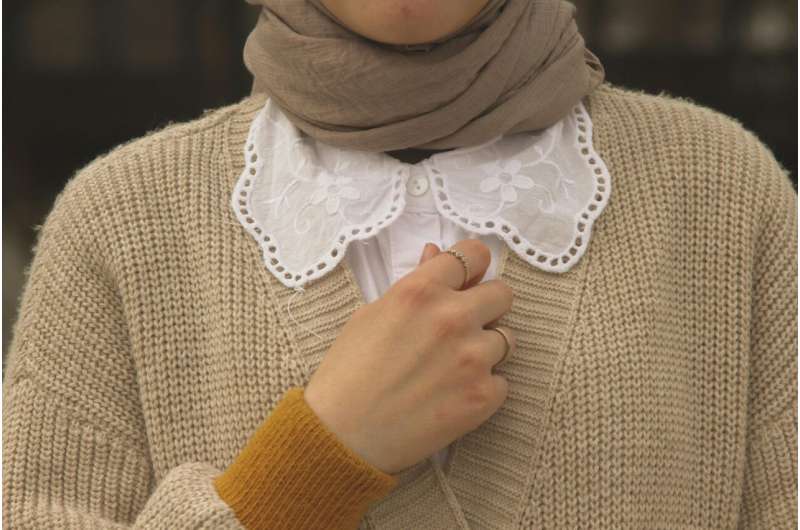This article has been reviewed according to Science X's editorial process and policies. Editors have highlighted the following attributes while ensuring the content's credibility:
fact-checked
proofread
Tolerance towards Muslims—how can conflicts in everyday life be defused?

According to the Mannheim-based social researchers Marc Helbling and Richard Traunmüller, there is more tolerance towards Muslims in our society than we sometimes realize.
In a study published in the British Journal of Political Science, Helbling and Traunmüller show how this potential can be harnessed in two studies, which they have conducted together with international colleagues.
Quite a few people in Germany have reservations about religious behavior by Muslims and freedoms for Islamic religious communities. For example, many people feel that refusing to shake hands with people of a different sex due to religious reasons is incompatible with liberal and democratic values. Many people are also critical of including more halal dishes, i.e., food suitable for religious Muslims, into everyday life, or of discussing plans for a public Islamic holiday.
However, this does not apply to all circumstances in the same way, as Helbling and Traunmüller have found out in a research project at the Mannheim Center for European Social Research (MZES): Those who are able to correctly identify the behavior and group rights of religious Muslims are more tolerant.
Shaking hands at a job interview is a given, right?
Shaking hands, for example: In an experimental survey, Helbling and Traunmüller, together with Elisabeth Ivarsflaten from the University of Bergen (Norway) and Paul M. Sniderman from Stanford University (U.S.), looked at the handshake, a form of greeting, which is customary in many places. Do we expect a handshake in a job interview, for example?
Initially, the vast majority of the 2,600 respondents, a representative sample of the population, said that a handshake was mandatory. But how do we assess such a situation when Muslims place their hand on their heart as a respectful gesture to replace the handshake?
In this scenario, the results looked very different: "The majority are willing to accept this gesture of respect instead of a handshake. This shows that people insist on respect but not necessarily that respect has to be expressed in a certain way," Helbling explains.
"Many non-Muslims do not automatically think of putting your hand on your heart. But this gesture can help both sides to resolve a situation without conflict and with mutual respect," Traunmüller adds.
In another study, the team wanted to find out how a wider range of halal dishes is perceived in German cafeterias. "If you emphasize that the Halal dishes do not replace pork products but merely expand the menu, they are met with significantly less rejection," the researchers say.
According to the study, this logic also works in other areas: Perhaps less surprisingly, significantly more people can also imagine a Muslim public holiday if this day did not replace a Christian holiday, but rather complemented the existing holidays.
Tolerance is greater when group interests do not appear to be competing
"Generally, social conflicts can be defused if we make clear that Muslim rights do not have to compete with our own customs," Traunmüller summarizes. Under these circumstances, the potential for tolerance in the population is considerable, according to the researchers.
However, the further to the right the respondents are located on the political spectrum, the smaller it is. In general, however, people are not unconditionally for or against the group rights of Muslims: "It depends on the specific political design," Helbling says.
More information: Elisabeth Ivarsflaten et al, Value Conflicts Revisited: Muslims, Gender Equality, and Gestures of Respect, British Journal of Political Science (2024). DOI: 10.1017/S0007123423000637
Provided by Universität Mannheim




















